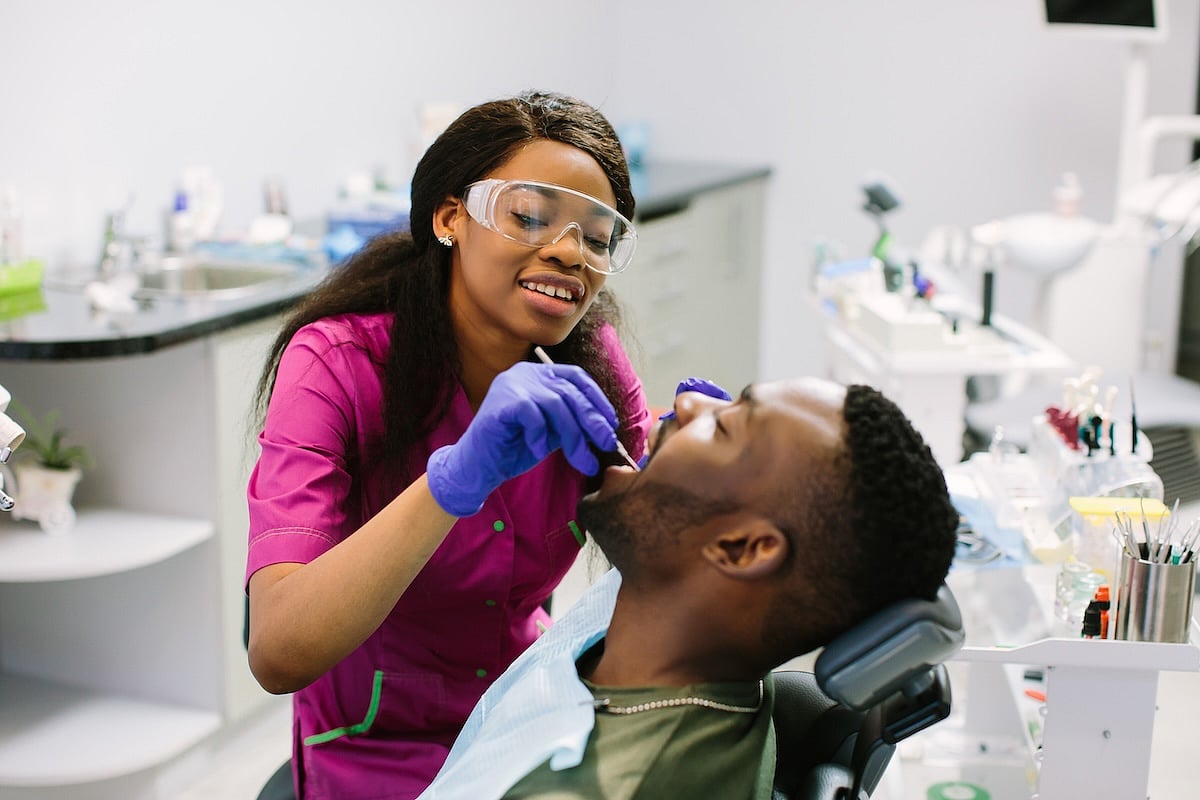Patient Resources
Get Healthy!
Gun Violence Leads To Skipped Dental Visits, Lost Teeth
- April 15, 2025
- Dennis Thompson
- HealthDay Reporter

Gun violence is bad for dental health, a new study says.
More specifically, people are less likely to go to the dentist in neighborhoods with higher levels of firearm violence, researchers report in the American Journal of Preventive Medicine.
These neighborhoods subsequently experience higher rates of tooth loss.
And these effects increase: For every additional shooting, fewer people see a dentist and more eventually lose teeth, researchers discovered.
“Firearm violence doesn’t just shape public safety, it shapes health behaviors, including whether people feel safe enough to seek care,” Daniel Semenza, director of research at the New Jersey Gun Violence Research Center at Rutgers University, said in a news release.
“This research underscores the importance of addressing violence as a public health crisis,” Semenza added.
For the new study, researchers examined 20,332 census tracts within the 100 largest cities in the U.S. between 2014 and 2022, using information from two major federal databases.
On average, 60% of people said they’d received dental care in the past year, but the figure ranged from 18% to 89% depending on the neighborhood, researchers reported.
Among seniors 65 and older, about 15% reported losing at least one tooth each year.
But people were increasingly less likely to go to the dentist -- and more likely to lose a tooth -- for each additional incident of gun violence in their neighborhood, researchers found.
Each shooting led to a 0.01% reduction in people going to the dentist, and a 0.06% increase in losing a tooth, results show.
Beyond skipping dental care, people exposed to gun violence are more likely to pick up habits that are bad for their teeth, researchers said. Stressed folks are more likely to eat unhealthy, smoke, get less sleep and skip exercise.
“Our study highlights how community violence extends beyond physical harm – it also creates barriers to essential health care like dental visits, which can have long-term consequences for oral health,” Semenza said.
More information
The Oral Health Foundation has more on the importance of regular dental visits.
SOURCE: Rutgers University, news release, April 9, 2025

